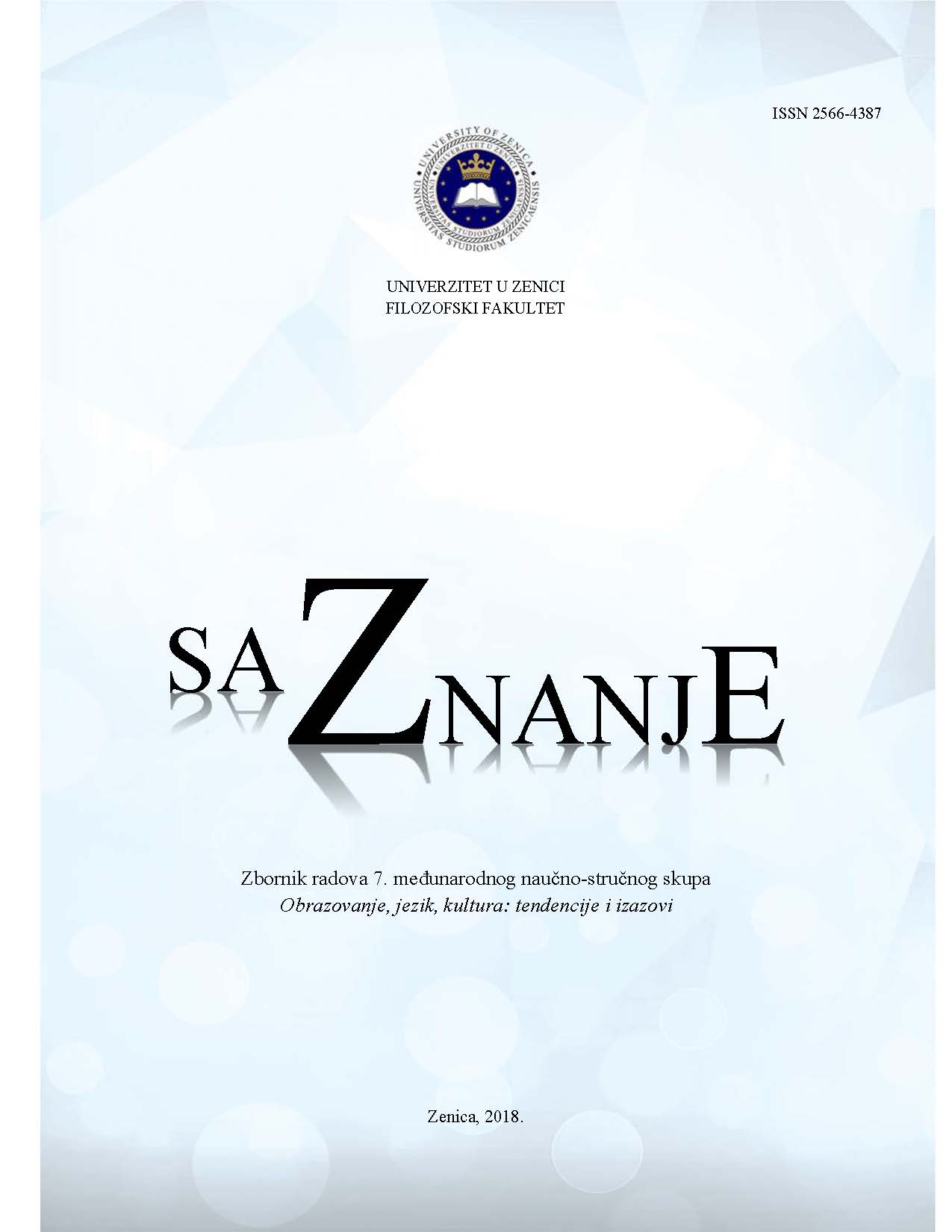ULOGA KNJIŽEVNE LOGOROLOGIJE U KONSTRUISANJU KULTURALNOG PAMĆENJA
THE ROLE OF LABOUR CAMP LITERATURE IN CONSTRUCTING CULTURAL MEMORIES
Author(s): Emina ĐelilovićSubject(s): Language and Literature Studies, Studies of Literature, Theory of Literature
Published by: Filozofski fakultet, Univerzitet u Zenici
Keywords: camp experiences; labour camp literature; cultural memories; rewriting history; mnemonic art;
Summary/Abstract: This work questions the way in which literature inherited in labour camp experiences influence the construction of cultural memories. This literature is revealed through, we can freely say, latent sub cultural domain and in that way reflects a particular world of cognition. In reference to this, the work searches after the answers on fundamental questions of this literature, and these are the questions of its meaning (particularly in the context of adorning the world of labour camps, ethical and political parameters, as well as poetical characteristics, that is, influences on certain political currents). Labour camp literature, as the literature of exile and reluctance, modifies and finds particular principles that often oppose stable narratological moments and political modes which try to mould it. On the one hand, the assimilation of labour camp trauma into the text is the problem of its unutterability, while on the other side, it makes an inquiry about the significance of labour camp literature in terms of contemporary theoretical origins, as well as of cultural paradigms. Therefore, the following questions are imposed: Is it possible for a work of labour camp literature to be in the function of cultural memories? That is, can it requestion and rewrite the history ? What is the nature of history that labour camp literature writes ? How is it experienced and remembered ? In this case, the cultural memory is necessarily involved as the process through which time and space significance of labour camp confessions is filtrated, as well as the literature about labour camps. Considering this, the work will try to answer the following question: Can labour camp literature and writing about labour camps be mnemonic art ? This will particularly be visible in novels about World War II in South – Slavic regions.
Journal: saZnanje
- Issue Year: 1/2018
- Issue No: 1
- Page Range: 469-476
- Page Count: 8
- Language: Bosnian

